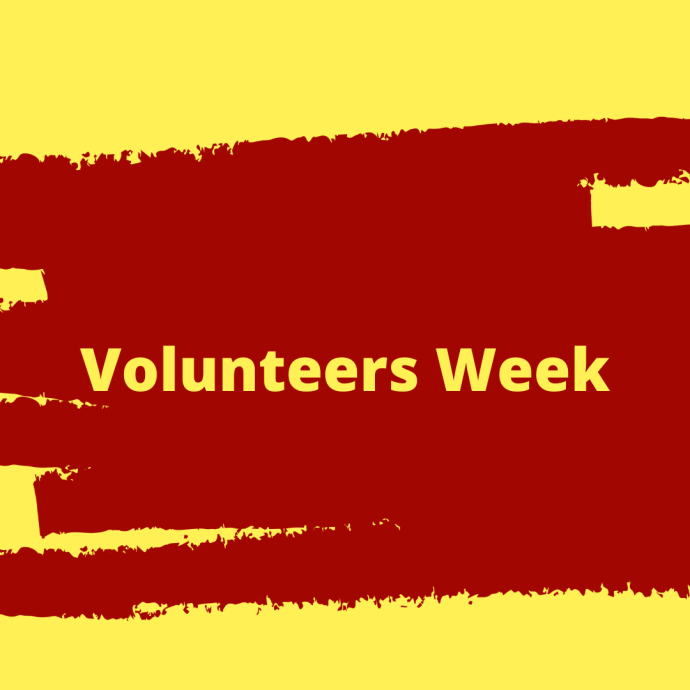Our Helpline is operated by trained volunteers who have a personal experience of endometriosis. They are not able to give medical advice but can talk through your issues and consider options to overcome them, or just provide a friendly listening ear. It can be overwhelming being diagnosed with endometriosis, and our helpline is here for you. If you'd like to talk to someone, our helpline hours are updated regularly on our website here. Today we caught up with Lindsey Fraine for Volunteers Week to hear why she volunteers. If you're interested in volunteering, do get in touch! You can email us on support@endometriosis-uk.org
How long have you been a helpline volunteer? Why did you start volunteering?
I’ve only been a helpline volunteer for a few months. I was drawn to it because of my own pain and frustrations living with endometriosis for the last 25 years. Within that time I’ve gained a lot of experience living with this disease and done a lot of my own research, so just felt that I wanted to put that to good use and support other people who are on the same or a similar journey. It can feel very isolating and I like to think that by answering the phone I can help someone in a small way feel less alone. Endometriosis UK has always been a valuable source of information for me so i also wanted to be able to give my time to them and give something back.
What’s been most difficult part of being a helpline volunteer?
I think the most difficult part is hearing the same story over and over and feeling so helpless. Because we all have the same story, women are in a lot of pain and they’re being ignored by their healthcare professionals. To hear so many women upset and anxious about the lack of support or advice they receive and the pain they’re in is really saddening and frustrating. When you hear women saying they can’t function, that they can’t get out of bed because they’re in so much pain but no one is helping them, that is really hard to accept. Things are changing but it’s just not fast enough and I want women to have better care and treatment and I want attitudes towards endometriosis within the medical profession and wider society to change.
What’s been the most memorable experience for you in the last two months?
A lot of the calls are very memorable for different reasons. But I had a call with an 18-year-old woman who was battling to get a diagnosis, the pain and heavy bleeding she described sounded so terrible. But she was incredible, her optimism, determination and refusal to be ignored by her GP and Gynaecologist were really wonderful to hear. She was doing everything to inform herself and we ended up laughing so much about how she knew more than her GP. She really made me smile and I admired her so much for her confidence and the knowledge she had acquired herself, she was listening to her body and refusing to be ignored. She gave me hope; that the more we inform ourselves, the more empowered we feel and therefore the more things will start to change and better care will eventually be available.
Do you find it rewarding volunteering?
Yes, of course, when you feel like you’ve helped someone but more than anything I just hope that it helps the people who call and need our support. I hope they feel better after talking to us. We are living with an incurable disease and chronic pain and that’s not easy to deal with every day. So be kind to yourself, be open and talk about it and try to remain optimistic - I know too well how difficult that can be but try to remember it comes in waves and things will get better. I truly believe that and know eventually this disease will not impact women in the same way it does now. Keep talking about it and stay strong!
Interview by Devon-Clare Banfield


